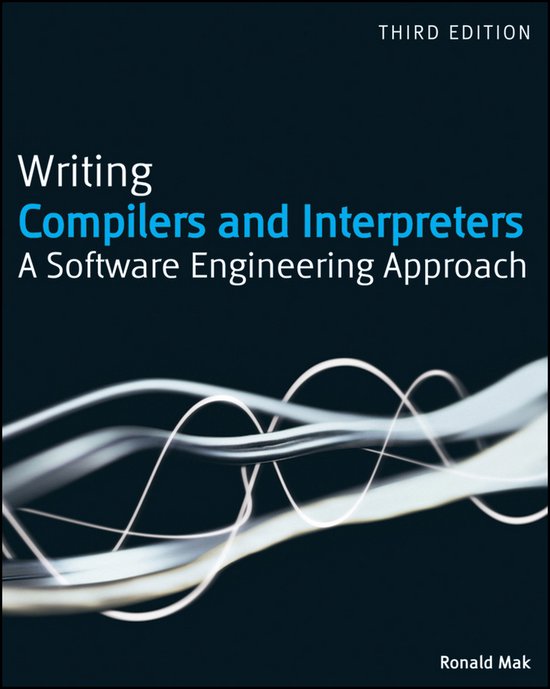
Writing Compilers & Interpreters 3rd
Master the skills you need to build your own compilers and interpreters
Compilers and interpreters are very difficult programs to write, but modern software engineering tackles the complexity. Design patterns and other object-oriented programming techniques guide you to develop well-structured code in incremental, understandable steps. Apply what you learn in this book to succeed with any complex software project.
You'll learn to:
-
Use Java to develop scanners and parsers for programming languages
-
Employ UML to model software components
-
Manage symbol tables with the Java Collections Framework
-
Use XML to represent the generated intermediate code
-
Develop an interpreter to execute programs, including a powerful interactive source-level debugger
-
Implement an integrated development environment (IDE) that animates the execution of programs
-
Use the IDE's graphical user interface to set breakpoints and single-step programs statement by statement with mouse clicks
-
Develop a code generator that emits object code for the Java Virtual Machine (JVM), and run the compiled code on multiple platforms
Long-awaited revision to a unique guide that covers both compilers and interpreters Revised, updated, and now focusing on Java instead of C++, this long-awaited, latest edition of this popular book teaches programmers and software engineering students how to write compilers and interpreters using Java. You?ll write compilers and interpreters as case studies, generating general assembly code for a Java Virtual Machine that takes advantage of the Java Collections Framework to shorten and simplify the code. In addition, coverage includes Java Collections Framework, UML modeling, object-oriented programming with design patterns, working with XML intermediate code, and more.
| Auteur | | Ronald Mak |
| Taal | | Engels |
| Type | | Paperback |
| Categorie | | Computers & Informatica |